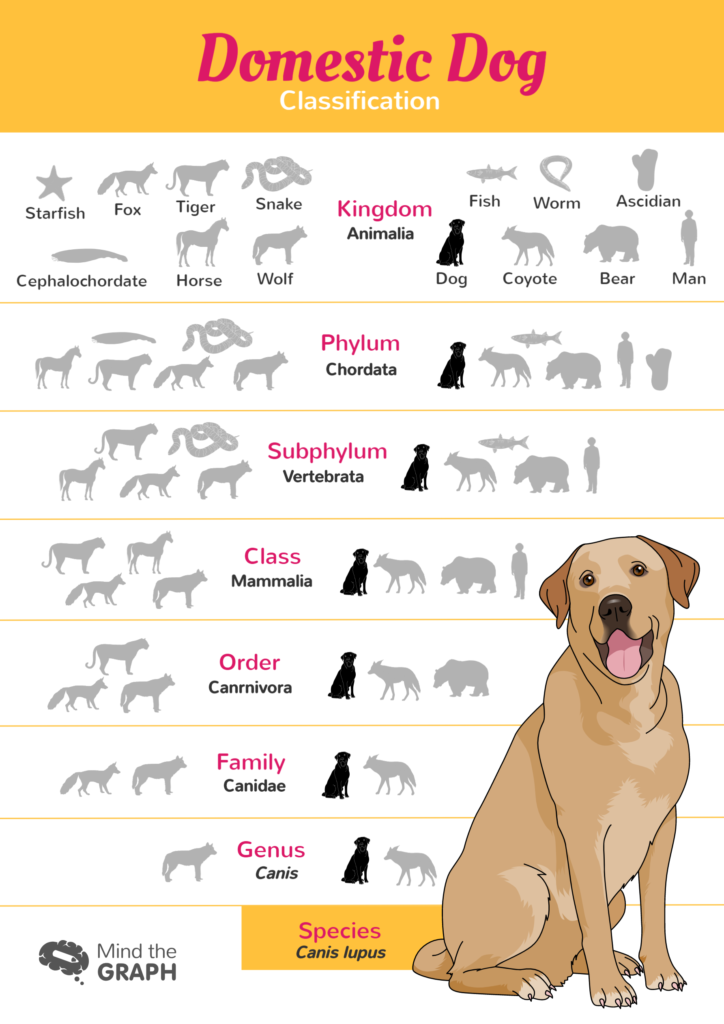How To Choose The Right Dog Day Care Center
How To Choose The Right Dog Day Care Center
Blog Article
Can Pet Day Care Cause Disease?
Dogs in childcare obtain lots of workout, socializing with various other canines and unique experiences. This can be particularly handy for young puppies and dogs with behavior issues.
There are numerous lawful considerations you need to consider when beginning a dog childcare business. These include the structure of your company and conformity with federal government laws.
1. Pooch Distemper
Canine distemper is spread through direct contact with the bodily fluids and waste of an infected pet dog, yet it can additionally be sent via shared water and food bowls or through airborne droplets. This extremely infectious health problem is most hazardous for pups, yet it can influence pets of any kind of age and is fatal for most if left neglected.
Preliminary signs of canine distemper typically simulate an acute rhinitis, consisting of drippy eyes and nose with watery or pus-like discharge. As the illness advances, a pet dog will certainly create high temperature, coughing, minimized cravings, throwing up and looseness of the bowels. The infection can likewise assault the nerve system, leading to seizures, jerking and partial or total paralysis.
Credible childcares lower direct exposure to infection by needing inoculations, routine health examinations and follow strict hygiene protocols. If your pup appears extremely weary or hopping, a day off might assist him recuperate, but you should stay clear of taking him back to childcare up until these symptoms clear up.
2. Kennel Coughing
Kennel coughing, additionally referred to as contagious canine tracheobronchitis or Bordetella, is a highly contagious viral or bacterial condition that impacts the breathing tract. It's commonly moved with the exchange of saliva or air droplets that a sick dog breathes out. Social pet dogs are at higher threat for infection as a result of their regular interaction with one another, such as when they play, share food or water, smell each other or just meet in a jampacked atmosphere like a canine park or daycare.
One of the most typical symptom of kennel coughing is a consistent and powerful cough that seems like something embeded the throat or retching. Typically, canines will divulge frothy white phlegm. If left untreated, a dog can create pneumonia and go to major threat for life.
A respectable daycare facility need to have strict cleansing and sanitation procedures, disinfect all toys, food and water bowls on a regular basis, and be open about their inoculation plans. Keeping your pet dog as much as date on their vaccinations, especially for bordetella and canine influenza, will greatly minimize their possibilities of contracting the health problem.
3. Parvovirus
Canine parvovirus, or parvo, is a highly transmittable viral health problem that can be fatal for pups and young adult dogs with bad immune systems. It's most frequently spread by straight contact with polluted dog feces-- which can take place when canines smell, lick, or taste contaminated feces-- and indirectly from polluted people, things, or environments (like kennels, brushing spaces and lawns). Young puppies and dogs without total vaccination backgrounds are especially at risk to parvo.
The virus is exceptionally durable, surviving in the setting for up to 9 years, and can easily be moved between pet dogs by contact with feces or on shoes, garments, and bedding infected with parvovirus. If not dealt with instantly with IV liquids, electrolyte balance, throwing up control medications and prescription antibiotics to prevent second bacterial infections, a pet will rapidly dry out and develop extreme board and training dog diarrhea, which brings about shock and sepsis. Parvo is hard to cure as soon as a dog has actually become ill, however with appropriate vet treatment, numerous pups do survive this health problem.
4. Pooch Influenza
Pooch influenza infection is highly infectious and spreads via direct get in touch with, sharing food and water bowls, licking or nuzzling various other dogs, through air-borne beads, and through polluted surface areas. Vaccination works in lowering the risk of infection and break outs.
Most impacted pets establish a light respiratory infection with a coughing that lasts 1-3 weeks. They might also have nasal and eye discharge, sneezing, and sleepiness. Some of the most significant cases lead to pneumonia and a high fever.
If your pet exhibits any of these signs and symptoms, do not bring them back to daycare until they are healthy and balanced. If your pet is showing indications of severe fatigue or limping, talk with your vet as soon as possible and make sure they are on health supplements to aid build their immunity. A veterinarian will certainly review your canine for signs of the influenza by taking a sample from the nose or throat, and blood tests can be done to confirm.